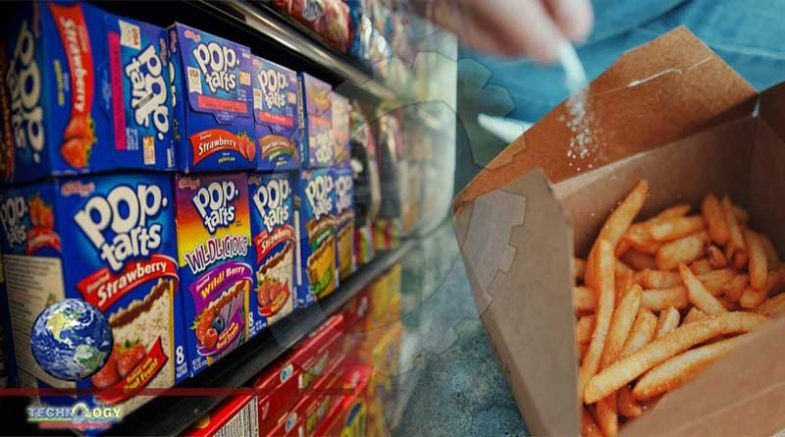A report specified that tert- butylhydroquinone or TBHQ is used to extend the shelf lives of almost 1250 processed food.

A study suggests a preservative included in frequently-consumed foods like Rice Krispies Treats, Cheez-Its and Pop-Tarts could be hazardous for consumers.
A USA Today report specified that tert- butylhydroquinone or TBHQ is used to extend the shelf lives of almost 1250 processed food, indicated a study which the Environmental Working Group released. However, it may harm the immune system as well.
In a press release, Olga Naidenko, the new study’s lead author and vice president for science investigations of EWG said that prior to the pandemic, chemicals that may be hazardous to the defense of the immune system against infection or cancer did not get adequate attention from public health agencies. And, to protect public health, she elaborated, “this must change.”
The said environmental advocacy group has called for the US Food and Drug Administration to reconsider the authorized use of TBHQ in processed food. It has also urged the agency to examine all food chemicals for safety.
Food Companies’ Stance
Food companies, as well as other nonprofit organizations, have defended the use of preservatives. In an email Kellogg Company sent to USA TODAY, the company’s spokesperson Kris Bahner said that providing safe, delicious quality food for consumers is their top priority.
She also said, TBHQ is a common antioxidant authorized by the FDA for safe use, that many food companies also use it in many products to help protect the freshness and flavor of the food.
Meanwhile, the International Food Information Council’s director of science communications Megan Meyer said that TBHQ is used to help in the prevention of fats from oxidation, which can lead foods to lose their flavors, change colors and reduce their nutritional value.
The International Food Information Council is a nonprofit supported by agricultural, food and beverage industries.
Meyer also told the American news site that while there were some concerns in the 1980s and 1990s about high TBHQ doses that caused precancerous tumors found in animal models, a European Food Safety Authority Panel found in 2004 that TBHQ is not carcinogenic.
In the US, the FDA controls how much TBHQ can be added to foods. Its levels cannot account for higher than 0.02 percent of the oil and fat in the food.
In the research published in the International Journal of Environmental Research and Public Health (Study: Preservative Used in Pop-Tarts and Hundreds of Popular Foods May Harm the Immune System), researchers of the EWG used data from the US Environmental Protein Agency’s ToxCast or Toxicity Forecaster, to evaluate the health hazards of chemicals most commonly added to food.
Why are These Preservatives Still in Our Food
A Study Finds article indicates that researchers oppose the US FDA does not consider the most recent science when regulating additives in food.
Even though food companies can lawfully add certain products to food, the EWG has found some may raise the risk of cancer, harm the nervous system, or interrupt the hormone levels.
According to the study investigators, the FDA also authorizes food manufacturers to identify which chemicals are safe to consume. Preservatives like TBHQ were allowed to use years ago, and have not been reevaluated since then.
EWG’s senior vice president for government affairs Scott Faber said that food manufacturers don’t have an incentive to change their formulas.
He added and as mentioned, too often, the EFA authorizes the chemical and food industry to identify which ingredients are safe for consumption.
Originally published at Science Times
